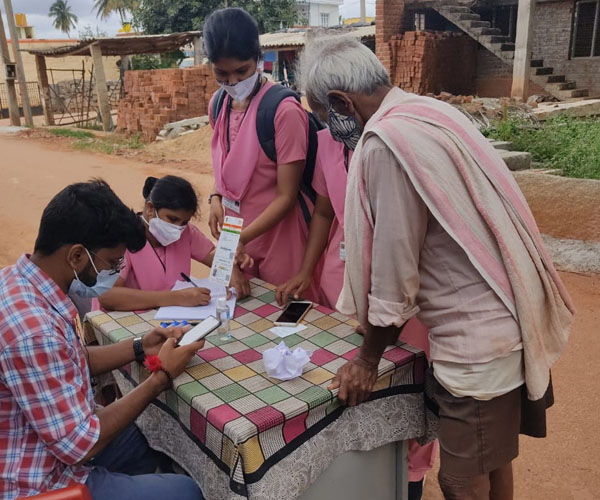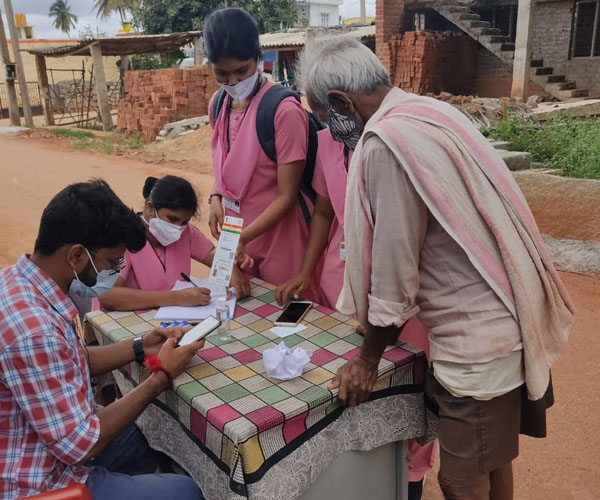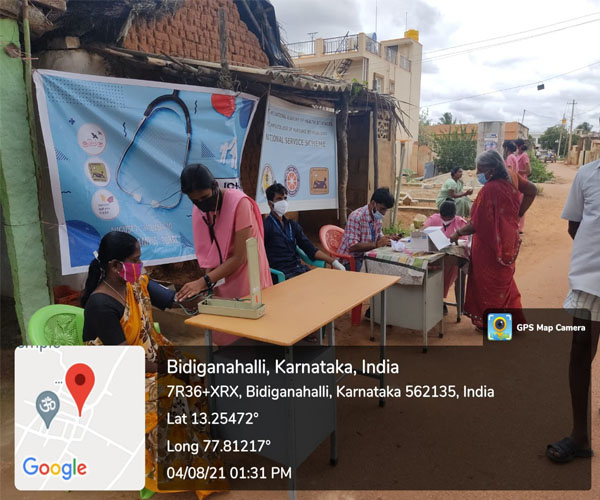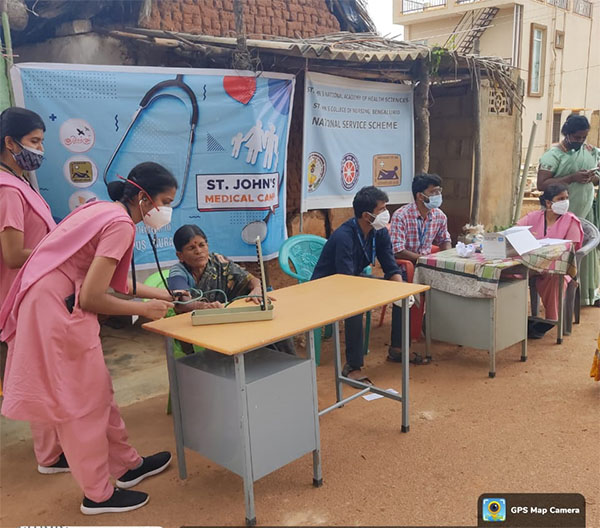Belahalli Bande
In August 2022, BIRDS conducted a survey in Belahalli Bande slum and adopted that migrant community. In the survey, we gathered information about the living conditions and lifestyle of the people in the slum. The people came from their native places, which included Assam, Bihar, and Delhi, and have been living here for the past 13 years without the help of the government or higher officials. They live near the garbage dump area, which isn’t a hygienic or preferable environment. The people live in tent houses made up of scrap material, which doesn’t protect them from heavy rainfall and stormy weather. Nearly 80 families are living there; each family has 4 to 5 members. There are many young children exposed to the unhealthy environment because of the lack of awareness of the parents, and they also don’t have hospital facilities, which is one of their biggest problems. Those people migrated to Bangalore in hopes of finding a better future, but unfortunately, they live in a polluted area, which affects their health and reduces their standard of living. Most of the people present there have financial issues and can’t provide education to their children, which is another setback for them.
Dasarahalli Slum
In Bangalore’s Dasarahalli slum, nearly 300 families, migrants, and refugees from the Rohingya community currently reside. They lack assets such as land, homes, power, education, medical care, and proof of national identification. They are residing on rented land. They don’t have permanent houses; instead, to protect themselves from the sun, rain, and cold, they live in tents wrapped in plastic sheets. Additionally, they live on the Rachenahalli lakefront and use lake water for daily usage. During the monsoon season, that area would be covered with mud and water. Those people are working as day workers and rag pickers to pay for their daily requirements and to make a living. As a result, people are managing with what they have since they lack the necessities of existence. BIRDS has thus concentrated on doing some development work for those in need. Through health and hygiene awareness programs, most migrant individuals were able to gain a fundamental understanding of and information about their status.
Following the health initiatives, those individuals adopted healthy practices such as eating nutritious food, caring for themselves, and attending to the needs of women and children. Additionally, they committed to the hygienic principles of preserving cleanliness, using appropriate sanitization techniques, managing the disposal of biowaste, taking precautions, and preventing disease. Then, by setting up medical camps, we were able to assess their physical health and identify those who were ill or infected with illnesses. Eventually, those ailing people gained access to the medical community and obtained care and treatments to recover from disease.
- Providing food, clothing and households, medical support and education for children.
- Creating employment opportunities to improve economic status.
- Providing legal assistance for citizenship.




